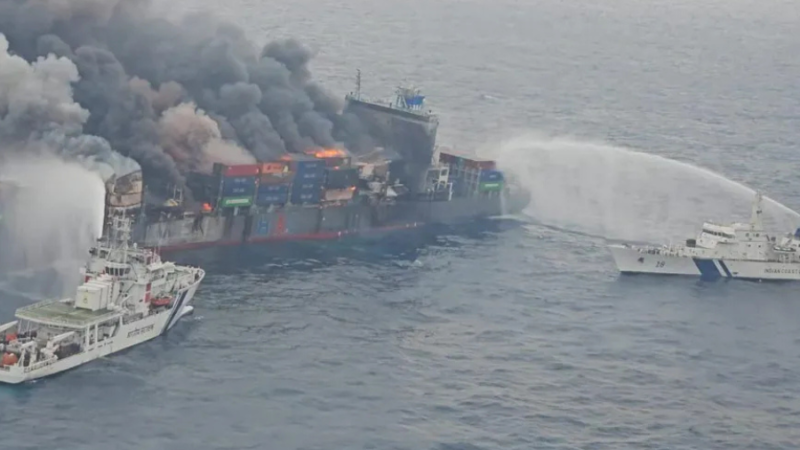NATO takes action to safeguard submarine pipelines and cables as concerns about Russian sabotage grow.

In response to concerns over Russia’s activities and an unresolved attack on the Nord Stream pipelines, NATO has inaugurated a new centre dedicated to safeguarding undersea pipelines and cables. Lt. Gen. Hans-Werner Wiermann, leading a specialised team addressing this issue, highlighted the growing threat. He expressed apprehensions that Russia may deliberately target critical undersea infrastructure, including cables, with the intention of disrupting Western nations. The centre, situated in Northwood, northwest London, received the green light from NATO defence ministers.
NATO’s action was prompted by an apparent attack on the Baltic Sea gas pipelines in September. The investigation into these incidents, which targeted the Nord Stream 1 and Nord Stream 2 pipelines designed to transport Russian natural gas to Germany, is still ongoing, and no official attribution of responsibility has been made. However, NATO has since bolstered its presence in the Baltic and North Seas, deploying numerous ships supported by maritime patrol aircraft and undersea equipment such as drones.
The North Sea alone features an extensive network of approximately 8,000 kilometres (5,000 miles) of oil and gas pipelines, making continuous surveillance of these systems, networks, and grids impractical. Globally, around 100 incidents of cable cutting are reported annually, often making it difficult to determine whether they are deliberate acts.
Rather than attempting to monitor the entire network, the new centre, in collaboration with NATO allies, will focus on high-risk areas. Pipelines situated in shallow waters that are easily accessible to divers are particularly vulnerable. Potential damage to data cables can be mitigated by the installation of additional cables.
NATO emphasises the importance of apprehending saboteurs during the preparation stages of their attacks, regardless of the specific target. To support the centre’s efforts, allies have agreed to establish a critical undersea infrastructure network that brings together NATO, partner nations, and private sector stakeholders. This network aims to enhance information sharing regarding emerging risks and threats, as stated by Wiermann.






